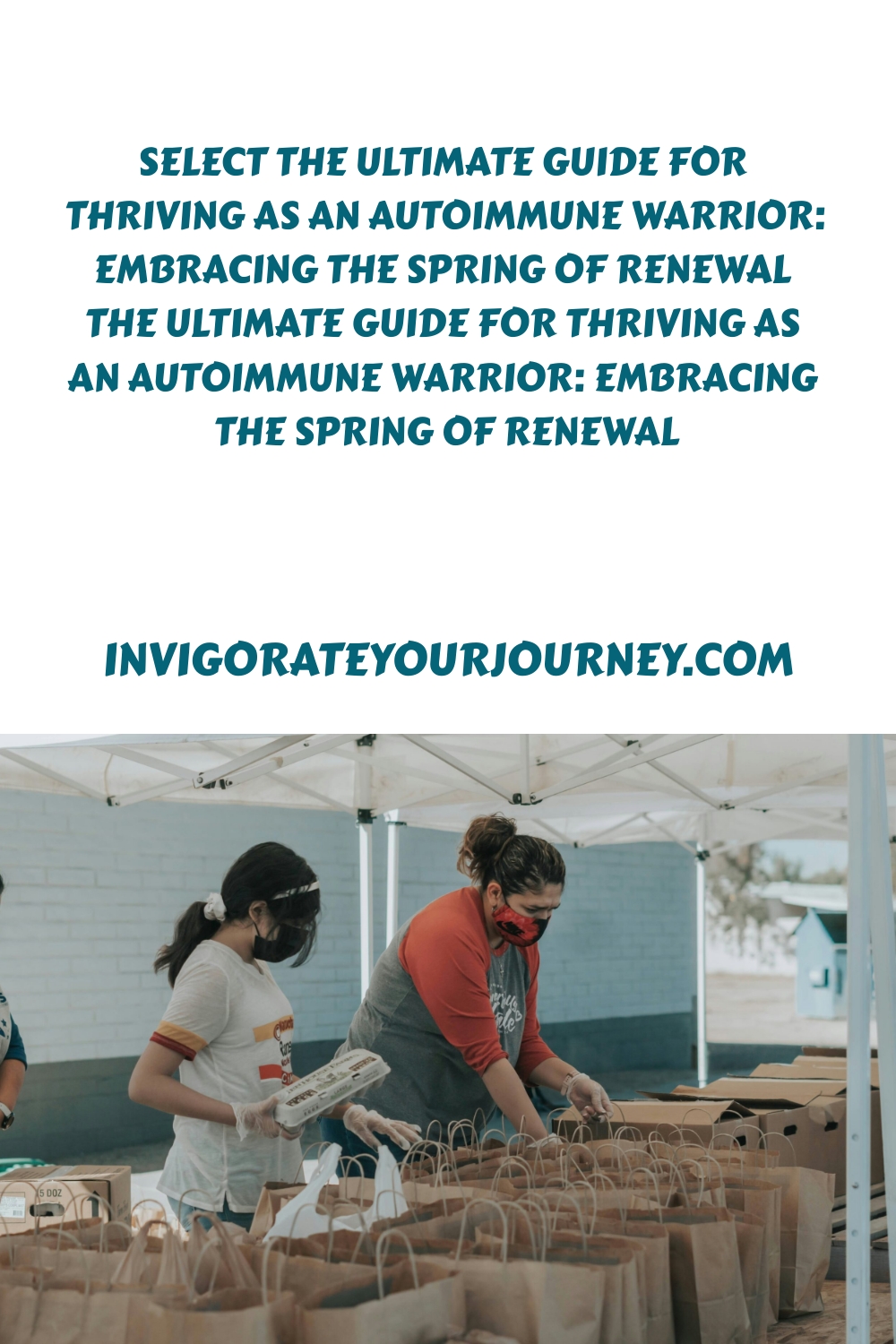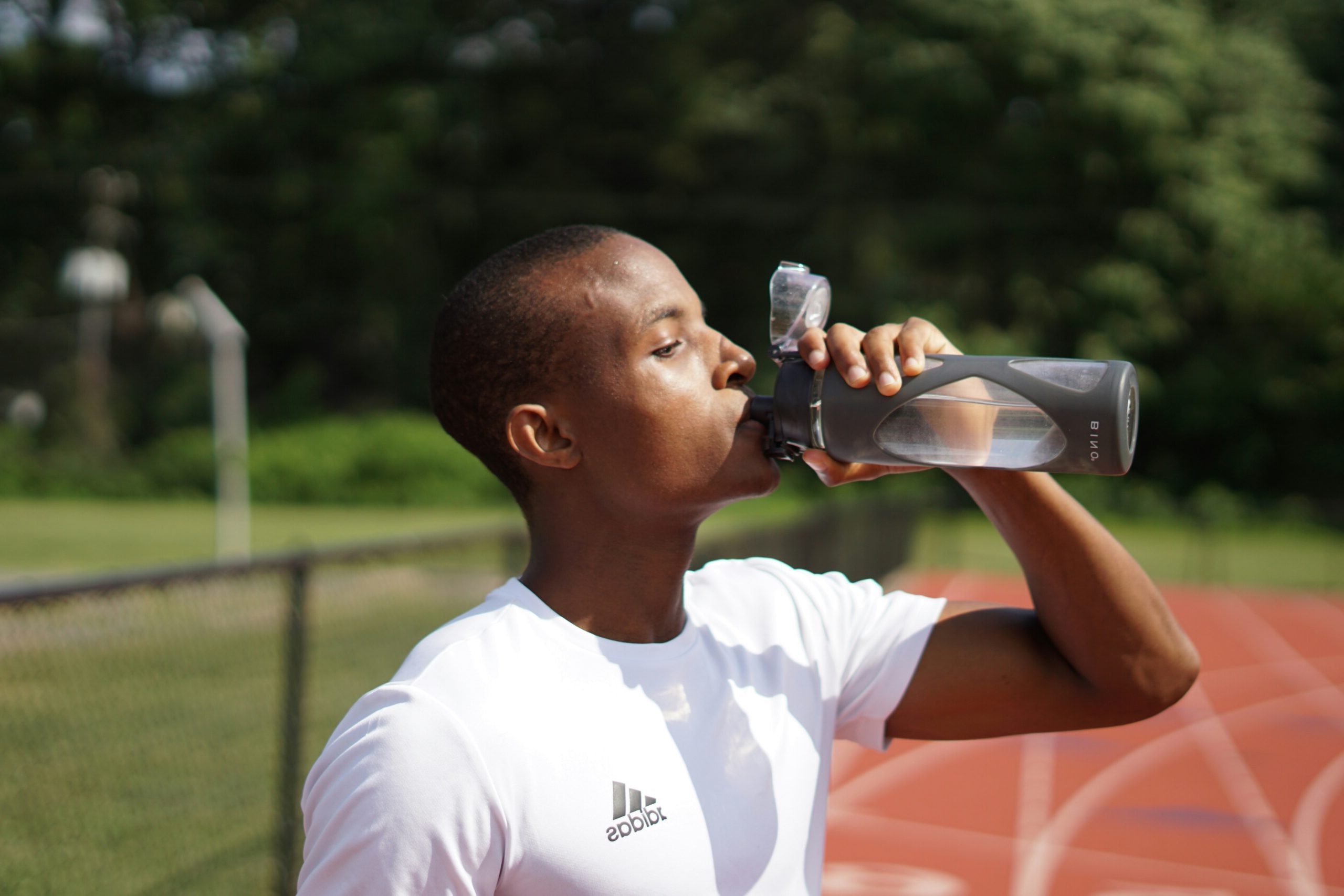Embrace the fresh start of spring by overcoming the modern comfort crisis.
This guide offers practical steps to enhance physical and mental well-being.
Understanding the Comfort Crisis
The term “comfort crisis” captures a modern phenomenon where technological advancements and societal shifts have drastically curtailed physical activity while amplifying mental health challenges.
With everything from Amazon deliveries to DoorDash at our fingertips, we’ve entered an era of convenience that, paradoxically, contributes to numerous health concerns.
This discussion unfolds the layers of the comfort crisis, revealing its impact on our daily lives and well-being and how we overcome these modern-day challenges.
1. The Fabric of the Comfort Crisis
Endless Scrolling
The digital age has ushered in an era of endless scrolling, with teenagers dedicating an average of 8 hours and 39 minutes daily to their phones.

This constant engagement with screens not only detracts from physical activity but also impacts mental health.
The allure of social media and the endless cycle of notifications have created a virtual environment that’s hard to escape.
This digital entrapment leads to reduced sleep quality, increased anxiety, and a sense of isolation, despite the illusion of connectivity.
Sedentary Lifestyle
Modern lifestyles have become increasingly sedentary, with the average individual spending 6.5 to 8 hours sitting daily.
This level of inactivity can negate the benefits of regular exercise and contribute to health issues such as obesity, type 2 diabetes, and cardiovascular diseases.
The comfort of modern office jobs and home entertainment options keeps us glued to our seats, undermining our health.
Indoor Confinement
Americans spend about 90% of their time indoors, translating to approximately 21.6 hours daily.
Such limited exposure to the natural environment can harm physical and mental health.

Lack of sunlight leads to vitamin D deficiency, crucial for bone health and immune function.
Moreover, indoor air quality can be significantly worse than outdoor air, contributing to respiratory problems and allergies.
Processed Food Consumption
The average American diet heavily relies on ultra-processed foods, constituting nearly 60% of food intake.
This shift towards convenience foods has implications for nutritional health, contributing to the epidemic of chronic diseases such as obesity, heart disease, and diabetes.

The high sugar, fat, and salt content in these foods can lead to addiction-like eating behaviors, further exacerbating health problems.
Loneliness Epidemic
Despite the digital era’s promise of connectedness, meaningful social interactions are declining. This trend is contributing to a loneliness epidemic with far-reaching implications for mental and physical health.
Loneliness has been linked to a range of health issues, including depression, anxiety, heart disease, and a weakened immune system.

The paradox of being “connected” yet feeling isolated highlights the complexity of the comfort crisis.
Springtime: A Season for Renewal
With spring symbolizing new beginnings, it’s the perfect opportunity to address and counteract the habits fostered by the comfort crisis.
The renewal of nature inspires us to reflect on our lifestyles and make changes that foster health and happiness.
This season encourages us to shed the layers of comfort that have held us back and embrace activities that reconnect us with the physical world and our communities.
Strategies to Overcome the Comfort Crisis
Digital Detox
Implementing digital detox methods, such as setting phone limits and using grayscale, can significantly reduce screen time and its associated drawbacks.
We aim to reclaim our time and attention from the digital world, fostering real-life connections and experiences.
Digital detoxing isn’t about eliminating technology but finding a healthier balance that allows mindfulness and presence in our daily lives.
Movement and Physical Activity

Engaging in physically demanding hobbies, incorporating movement into daily routines, and exploring the benefits of cold exposure can enhance physical and mental well-being.
Whether it’s taking up hiking, gardening, or simply adding a daily walk, physical activity is vital for maintaining health.
Movement improves physical fitness and boosts mood and mental clarity, making it a key component in overcoming the comfort crisis.
Volunteering and Community Engagement
Participating in community activities can fulfill a need for purpose and connection that digital interactions often fail to provide.
Volunteering offers a sense of belonging and contribution, improves mental health, and fosters a supportive network.

Engaging with your community can help combat the loneliness epidemic, providing meaningful interactions that enrich our lives.
Travel and Exploration
Exploring new environments encourages adaptability and fosters a greater appreciation for one’s circumstances.
Travel doesn’t have to mean going far; local adventures can offer fresh perspectives and experiences.
Exploring new places challenges our comfort zones, promoting growth and resilience.
Implementing Change: Setting Intentions and Goals
Setting clear goals and intentions is crucial for motivation and performance. This section shares practical advice on goal-setting and habit formation from personal examples.
Establishing specific, achievable goals creates a roadmap for change, guiding our efforts and keeping us accountable.
Reflecting on our intentions helps align our actions with our values, ensuring that our efforts lead to meaningful outcomes.
3 Tips for Forming New Habits
Understanding the role of habit in our behaviors is key to making lasting changes.
Strategies include finding new rewards, increasing the effort required for old habits, and creating physical and mental distance from temptations.
Replacing old habits with new, beneficial ones requires intentionality and perseverance.
By making new behaviors more rewarding and old habits less accessible, we can gradually shift our daily routines toward healthier patterns.
Embracing a Healthier Spring
As we step into spring, the challenge of the comfort crisis presents an opportunity for growth and improvement.
By adopting mindful practices and setting intentional goals, we can navigate this season of renewal by focusing on enhancing our physical and mental well-being.
Let’s embrace the change, stepping forward into a spring that rejuvenates, inspires, and transforms us.
FAQs
- What is the comfort crisis?
- The comfort crisis refers to the modern phenomenon of decreased physical activity and increased mental health challenges due to technological and societal advancements.
- How can digital detox help combat the comfort crisis?
- A digital detox can reduce screen time, foster real-life connections and experiences, and help restore the balance between the digital and physical worlds.
- A digital detox can reduce screen time, foster real-life connections and experiences, and help restore the balance between the digital and physical worlds.
- What are some effective ways to incorporate more movement into my daily routine?
- Incorporating physical activities like walking, gardening, or using a standing desk can enhance movement in daily life.
- Incorporating physical activities like walking, gardening, or using a standing desk can enhance movement in daily life.
- How does volunteering contribute to overcoming the comfort crisis?
- Volunteering provides a sense of purpose and community engagement, combating loneliness and fostering meaningful interactions.
- Volunteering provides a sense of purpose and community engagement, combating loneliness and fostering meaningful interactions.
- Can setting intentions and goals improve my well-being?
- Setting intentions and goals aligns actions with values, providing direction and motivation for personal growth and well-being.
- Setting intentions and goals aligns actions with values, providing direction and motivation for personal growth and well-being.
- What are some tips for successfully forming new, healthier habits?
- To form new habits, focus on rewarding new behaviors, increasing the effort required for old habits, and creating distance from temptations.
Listen to co-host Chris Burton and Invigorate Founder Karin Wagner discuss the Comfort Crisis and solutions on the Invigorate Your Autoimmune Journey Podcast.

 Karin W
Karin W 





